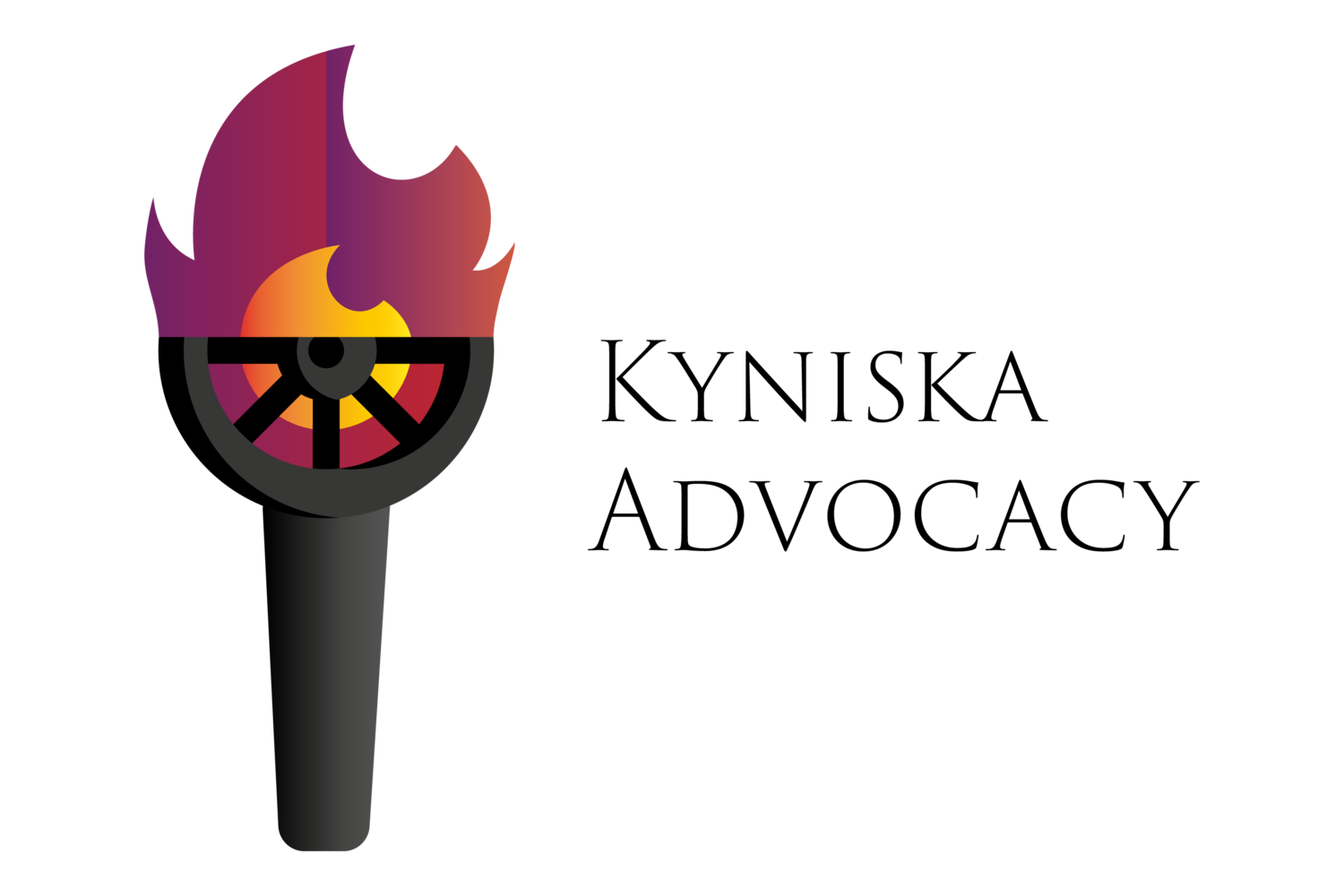The Cost of Lived Experience: Why Survivors Must Be Paid for Their Expertise
Every year, I’m approached by organisations asking me to speak about my lived experience of abuse in sport. Each time, I’ve felt a mix of emotions—gratitude that my story is valued and can create change, but also frustration and hurt when they expect me to do it for free.
Sharing lived experience is not just “speaking.” It’s an emotionally draining, retraumatising process that takes a toll long after the event is over. When I speak about my experience, I relive some of my worst memories, and the aftermath is always difficult. I experience PTSD, and the day after I speak is always a write-off. I’m emotionally exhausted, physically drained, and left wondering why my voice is treated as a free resource for others to profit from.
In the early days of Kyniska Advocacy, we worked for free because we were desperate to make a difference. We didn’t want our adverse experiences to be for nothing. We wanted to channel them into real, systemic change and reduce the number of people who might go through what we did. But soon, we realised this approach was unsustainable. We felt depleted, jaded, and utterly exhausted.
It wasn’t until two pivotal moments that I began to understand the harm in this approach. The first was a conversation with Kat Craig from Athlead, who told me bluntly: “You have to stop doing this for free.” She explained that by working for free, I was contributing to a culture that normalises the extraction of profit from people’s trauma. This extractive culture not only devalues survivors’ voices but perpetuates a cycle where organisations feel entitled to exploit those who’ve suffered the most.
“by working for free, I was contributing to a culture that normalises the extraction of profit from people’s trauma.”
The second moment came at the Safe Sport International conference last year, during Mary Cain’s keynote. She spoke powerfully about valuing survivor voices and asked how many more tired champions we need before we stop accepting exploitative practices. Her words struck a chord.
Since then, I’ve made a conscious decision to charge for using my lived experience. At Kyniska Advocacy, even as a small, underfunded non-profit, we’ve always paid our speakers. When we hosted our first roundtable on stamping out sexual violence in sport, we budgeted to ensure that the individuals contributing their time, stories, and expertise were compensated. It’s non-negotiable. You cannot claim to value lived experience while failing to pay for it.
This isn’t just about money—it’s about respect, recognition, and equity. When organisations claim they “don’t have the budget” to pay speakers, what they really mean is they haven’t prioritised it. They reap the rewards: the acclaim of hosting a “powerful” event, the prestige of being seen as proactive and caring. Meanwhile, the survivors they’ve invited to speak are left depleted and often retraumatised, their voices commodified for someone else’s gain. Pitching it as a “great networking opportunity” is a hollow offering.
And let’s be clear—you can’t really put a price on lived experience. No one would pay any amount of money to endure what we’ve endured. The suffering, the trauma, the emotional scars—these aren’t things anyone would choose or trade for. Asking survivors to recount their experiences for free devalues not just their time but also the immense cost of what they’ve lived through.
“And let’s be clear—you can’t really put a price on lived experience. ”
That’s not to say I never speak for free—I do, and I will, but only in certain contexts. When it’s a small, volunteer-run group like our own, or my local running club, or an event where all proceeds go to charity, of course. In those spaces, the intention is pure, and the exchange is equitable. But when it’s a large charity or organisation, where the CEO earns three times the average UK salary, or a conference charging attendees hundreds of pounds, don’t approach survivors expecting them to donate their labour to your cause.
Tokenistic invitations to share lived experience for free at your annual safeguarding conference are not a mark of progress. They’re a way to position your organisation as caring and proactive without making the systemic changes survivors need. It’s performative, extractive, and harmful.
If we want to create a safer, more equitable culture in sport and beyond, we need to start by valuing the people who have paid the highest price. Survivors and people with lived experience are not commodities. Their stories are not yours to profit from.
So, here’s my challenge to organisations: budget for survivor contributions. Pay for the expertise you claim to value. Stop contributing to an extractive culture that takes so much from those who have already lost so much. Let’s build a system that truly respects and values lived experience—not just in words, but in actions.

